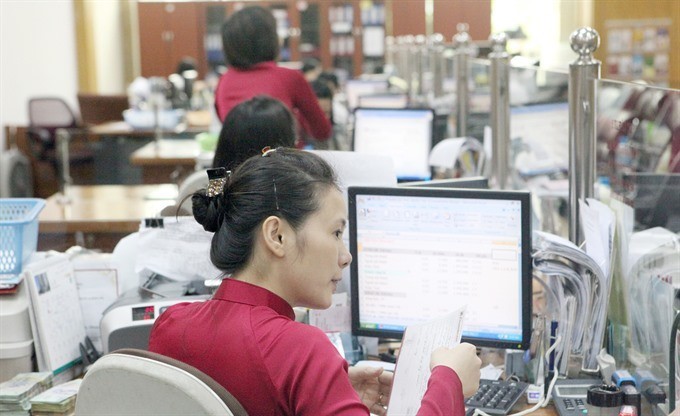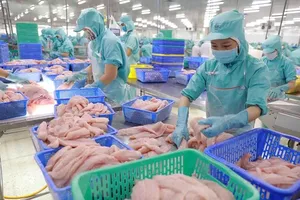 |
After becoming the first Asian central bank to cut its policy rate in early April, the State Bank of Vietnam cut again in late May before making another announcement on 16 June. Effective from June 19, the SBV’s refinancing rate is at 4.5 percent |
According to a release by HSBC Vietnam, after becoming the first Asian central bank to cut its policy rate in early April, the SBV cut again in late May before making another announcement on 16 June. Effective from June 19, the SBV’s refinancing rate is at 4.5 percent.
The move is expected to continue to reduce financing costs for businesses and households, thus spurring business investment and supporting consumer sentiment.HSBC said 2023 has been a tough year for Vietnam’s economy. After seeing sharply slowing growth of only 3.3 percent y-o-y in Q1, Vietnam continues to brace for strong headwinds.
While high-frequency indicators point to no further deterioration, there are also no clear signs that Vietnam’s economy is bottoming out. In addition to the urgency of supporting growth, the June 16 decision reflects two of the SBV’s considerations. First, it has maintained its optimistic tone about inflation prospects, again citing that “inflation is under control”.
Indeed, inflation has been consistently cooling down, recently moderating to below 3 percent y-o-y. This is further away from the SBV’s 4.5 percent ceiling, thanks to supportive global energy prices and easing local food inflation.
The 3 percent hike of the average retail electricity price at the start of May, which typically factors in inflation with a one-month lag, will also pose manageable upside risks. Given recent developments, HSBC announced the cut of 2023 inflation forecast to 2.6 percent (previously: 4.0 percent).
The second key consideration is currency stability. Despite recent strength in US dollar, the Vietnamese dong has remained relatively stable, thanks to its improving current account dynamics. While Vietnam has been suffering from trade headwinds, its imports have plunged much more than exports, given its import-intensive nature in the manufacturing sector.
All in all, the HSBC said it slightly trimmed its 2023 growth forecast for Vietnam to 5.0 percent (previously: 5.2 percent), taking into account a protracted and a deeper-than-expected trade downturn. The bank now expect a meaningful economic rebound from Q4, warranting further monetary support.
After delivering an accumulative of 150 basis point rate cuts in Q2, HSBC also expected one more 50 basis point cut in Q3. This will likely bring Vietnam’s policy rate to 4.0 percent, reversing all tightening efforts in 2022, also on par with its rate cuts during the pandemic. However, HSBC experts said there is also a risk that further cuts may not be needed in the last six months, if growth bottoms out earlier than expected.
























